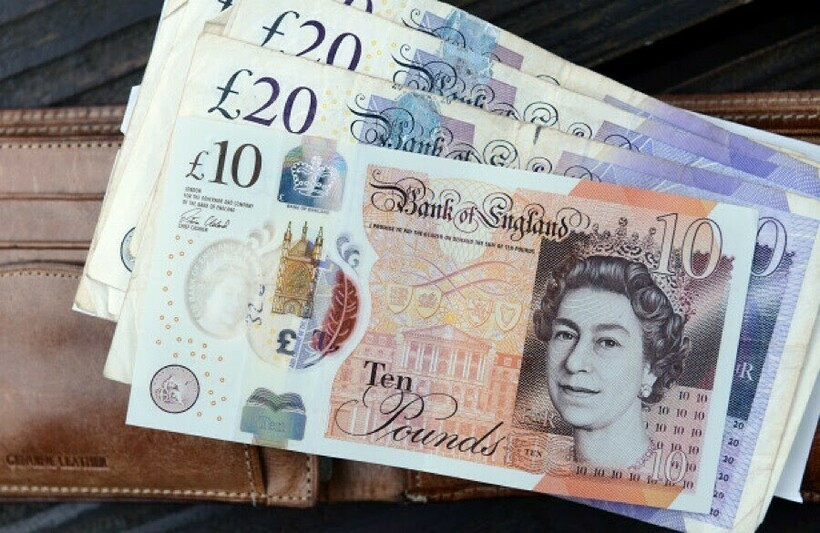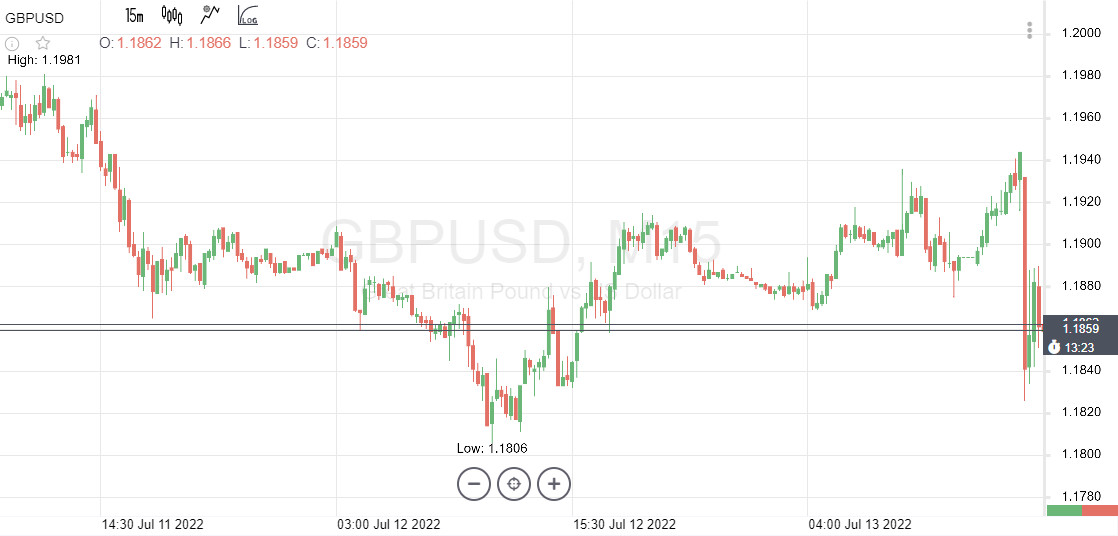
The British pound could not keep up even amid a depreciating dollar and data showing an unexpected growth of the UK economy in May.
Thus, the volume of British production managed to increase by 0.5% in May, which was not expected by analysts. The main reason for this, according to the Office for National Statistics, was the health services, namely the growing number of appointments of general practitioners.
However, due to rather high inflation, the indicators of consumer services still decreased by 0.1% in May. Recall that consumer services grew by 2.2% in April.
The pound against the dollar was able to rise by only 0.3% on positive news for it, to the level of 1.1937, but could not maintain its positions in the green zone. The British currency was already trading in the red zone at 1.1859.
Apparently, the stable developed economy of the UK is no longer such in the eyes of investors, and the pound is the currency of a troubled emerging market.

In recent weeks, the pound managed to collapse to a new two-year low, helped by the rapid growth of the US dollar and investors' concerns about political uncertainty in the United Kingdom after the resignation of Prime Minister Boris Johnson. Of the five currencies underlying the International Monetary Fund's reserve asset (Special Drawing Rights), only the Japanese yen underperformed the pound.
It is noteworthy that the pound is an indicator of economic problems in Britain. Over the past hundred years, pound crises have become a reflection of problems in the British economy four times. Thus, the crisis of 1931 began amid strong unemployment at the level of 21%. This high unemployment rate was indicative of both low productivity in the UK and a global depression. With rampant unemployment, the Bank of England could not raise interest rates to support its national currency, as chronic budget deficits and reports of a revolt in the Atlantic Fleet provoked a serious crisis of confidence. Understanding all this, currency speculators attacked the pound, thereby breaking the peg to the gold standard.
Slow productivity growth is a long-standing problem in the UK. It has aggravated since 2008, but has become especially noticeable since 2016. This was due to unstable labor relations and clearly outdated infrastructure, as well as weak investment in production and a shortage of skilled labor. Today, difficulties have been added to this after the country's exit from the EU.
In order to maintain demand for local products, it is important for the UK to set more competitive prices for goods. To do this, it is necessary to reduce inflation (it must be significantly lower than in foreign countries) or to ensure a weak exchange rate. But we see that inflation in the country is not decreasing, which is not surprising in light of the incredibly high energy prices. According to statements by the British central bank, price growth in October will reach 11%.
On top of that, the unions are demanding higher wages from the government after ten years of austerity. Actually, all these nuances hang over the pound and prevent it from restoring its lost position as a proud and successful currency asset. There is almost no doubt that the pound will almost continue to fall further.
However, the BoE may raise interest rates faster than analysts expect, thereby curbing inflation and supporting the national currency. In this case, the country will not be able to avoid a recession.





















